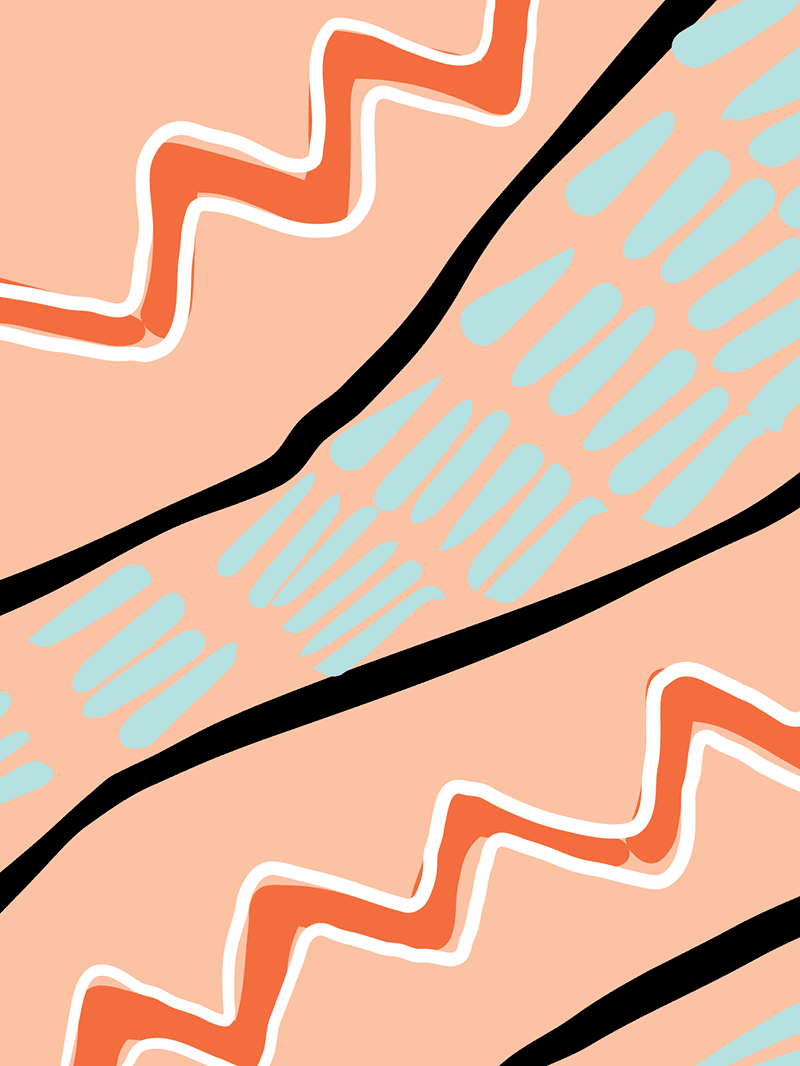The end in the beginning: Re(de)finding Aboriginality
Since first contact with the colonisers of this country, Aboriginal and Torres Strait Islander peoples have been the object of a continual flow of commentary and classification. But in all these representations, all these supposed "truths", Indigenous voices, and visions have been notably absent. The experience of a history of description, ascription, prescription and suppression would provide more than sufficient reason for insisting that definitions of Aboriginality must be generated by Indigenous peoples ourselves. There may be an enlightened minority who have been willing to open their eyes and ears to allow the space for Aboriginal people to convey our Aboriginalities. But, as Marcia Langton so poignantly wrote: the majority of Australians, "do not know and relate to Aboriginal people. They relate to stories told by former colonists."This right to control one's own identity is part of the broader right to self-determination, that is the right of a people to determine its political status and to pursue its own economic, social and cultural developments. It is a right guaranteed to all peoples in international law, and the right at the forefront of international indigenous struggles.The past and present work of the likes of W.C. Wentworth, and many others, has built a ground concentrated with the resources which will allow Indigenous peoples of the future to exercise our right to define and create ourselves and our lives. To write and sing and paint and tell ourselves from the past into the future.
